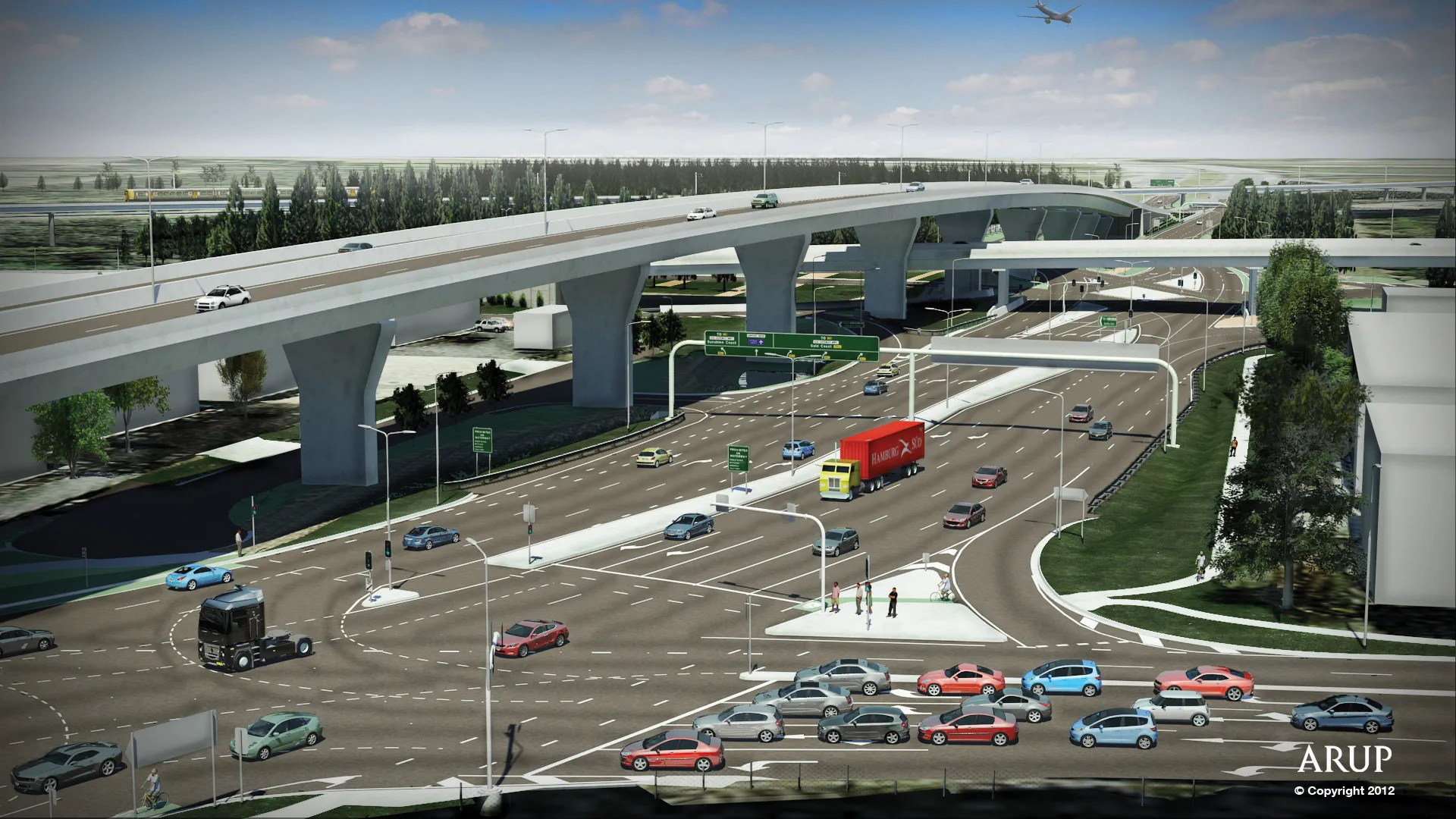Cubic has opened an Innovation Centre in London with the aim of advancing mobility in urban transportation. The centre is effectively a space that can be configured to accommodate any number of business needs and will be used as a meeting venue for company employees, transport planners and operators, universities and research establishments from the UK and elsewhere.
It will host discussions about all travel modes (roads, bikes, bus, walking, rail, metro, and ferry) as well as the interaction between mod
December 16, 2015
Read time: 2 mins
RSS7371 Cubic has opened an Innovation Centre in London with the aim of advancing mobility in urban transportation. The centre is effectively a space that can be configured to accommodate any number of business needs and will be used as a meeting venue for company employees, transport planners and operators, universities and research establishments from the UK and elsewhere.
It will host discussions about all travel modes (roads, bikes, bus, walking, rail, metro, and ferry) as well as the interaction between modes and in early 2016 one of the first functions will be a hackathon. The Centre will also be used to showcase leading technologies from Cubic, transport authorities, industry experts and universities.
At the official opening, Cubic Transportation Systems’ president Matt Cole said: “The future of transportation infrastructure hinges on effective application of technology and responding with practical solutions to mobility issues.”
Sir Peter Hendy, former commissioner of2387 Transport for London and chairman of Network Rail, said: “The innovative use of technology is fundamentally important if we are to meet the transport challenges of the 21st century.” He added that TfL had selected Cubic for various projects because it did not aim to sell existing products or systems but rather listened to the problems, understood the challenge and then came up with tailored solutions.
It will host discussions about all travel modes (roads, bikes, bus, walking, rail, metro, and ferry) as well as the interaction between modes and in early 2016 one of the first functions will be a hackathon. The Centre will also be used to showcase leading technologies from Cubic, transport authorities, industry experts and universities.
At the official opening, Cubic Transportation Systems’ president Matt Cole said: “The future of transportation infrastructure hinges on effective application of technology and responding with practical solutions to mobility issues.”
Sir Peter Hendy, former commissioner of







